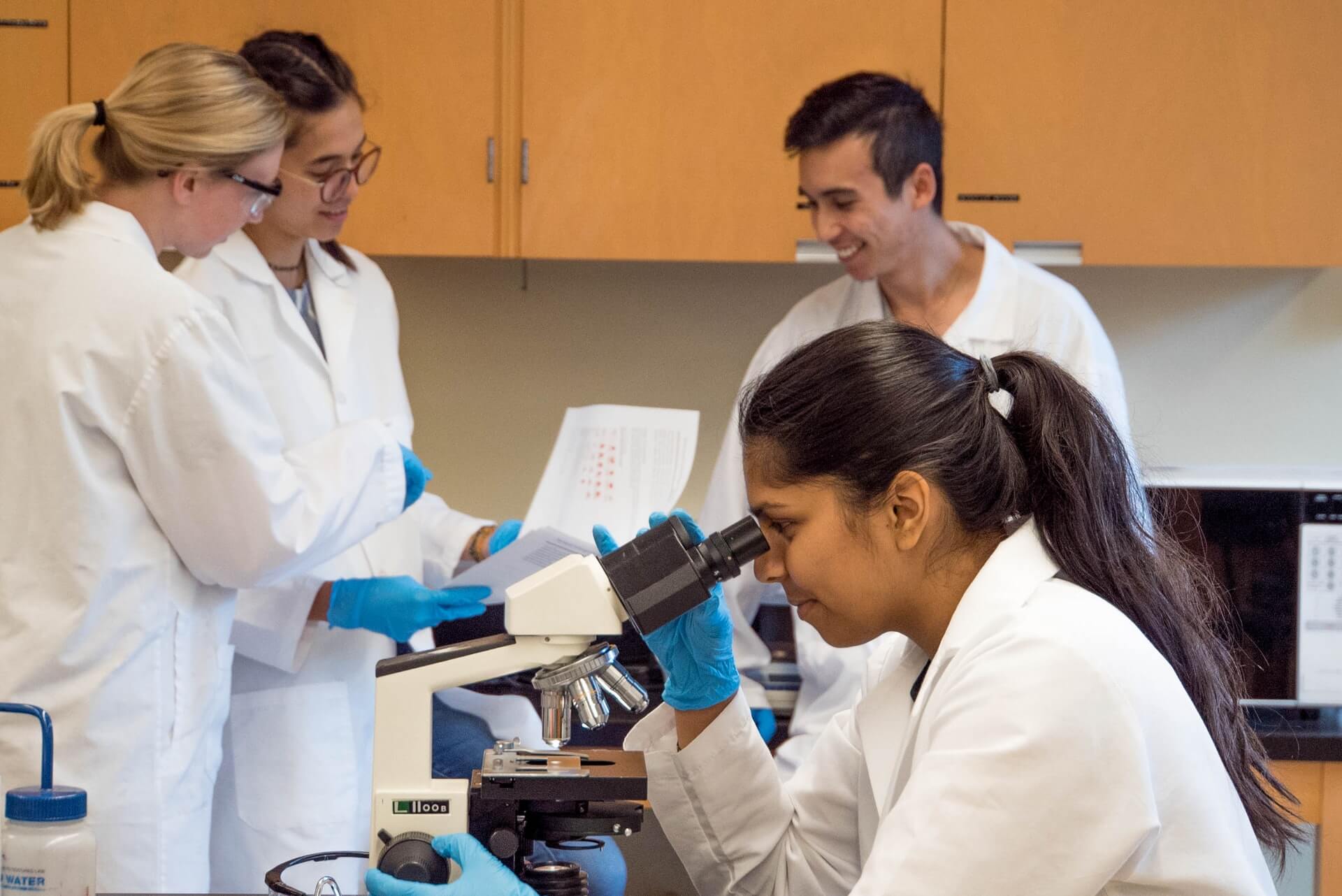More than 50% of adult Americans have gone through at least one traumatic experience in their lives. These experiences can lead to trauma-related conditions like post-traumatic stress disorder, depression, and anxiety.
Current treatment options center around moderating the disruptive symptoms of these disorders, which include dysphoria, irritability, anxiety, and trouble sleeping. This treatment is to help the patient return to their lives without interference from their symptoms.
Progress from these treatments is often slow and challenging. It is common for patients to take months or over a year to talk about their traumatic memories in therapy, and that is only the first step to learning effective coping strategies and managing their symptoms.
What is Psychedelic Therapy

Psychedelic therapy uses psychedelic substances in conjunction with conventional therapy techniques. Over the last two decades, there have been a lot of studies and trials on how these substances can affect various conditions.
Under professional supervision in a controlled environment, research shows that carefully dosed psychedelic substances can produce lasting psychological benefits on patients.
Why is it Used to Treat Trauma?
Psychedelic substances are becoming increasingly popular in treating trauma, as they open the mind of the patient to more effective treatment. Psychedelic therapy can bring about dramatic change — an amazing feat.
How it Affects the Mind
Psychedelic substances, in this treatment, are administered to patients in controlled, monitored doses. After being administered, they continue with psychotherapy — a conventional treatment. There are currently a few different substances being tested and studied for their effect on patients during therapy. Each affects the mind differently, and many studies are in progress to better understand these drugs and their effect on PTSD.
Common Psychedelics
MDMA
This drug reduces the fear response to anxiety-provoking stimuli, which includes trauma and traumatic memories. It also enhances introspection and interpersonal trust, helping the patient talk to their therapist in a psychotherapy session. In a controlled, small dose, MDMA has a small effect on the patient’s consciousness, meaning they retain a clear memory of their sessions.
Ketamine
This drug is used primarily to treat depression. Additional studies are required to understand how it affects PTSD, but its effects on the mind suggest it can help treat PTSD by reducing its symptoms. Ketamine is known to target the glutamine system, which can reduce the mind’s reaction to PTSD triggers.
Psilocybin, LSD, and DMT (Classical Psychedelics)
Recent studies suggest that the effects of these psychedelics can help treat PTSD. They facilitate fear extinction — which is when a certain trigger no longer invokes fear or anxiety — in animal studies. They also affect the amygdala, which may lead to patients having an easier time processing traumatic memories.
Usage With Conventional Treatments

Trauma patients undergoing conventional therapy often receive a mixture of psychotherapy and medicine to help with their symptoms. For many of them, it is a slow and difficult process. The addition of psychedelic therapy can help the conventional methods work faster and with greater results by helping the mind cope with the experience.
Psychotherapy
Also known as talk therapy, psychotherapy is a common non-medicinal treatment of many mental and emotional illnesses. By talking through the trauma, it helps control or eliminate the symptoms of PTSD.
Psychotherapy in combination with medication is often more effective than psychotherapy alone. Both are used to help the patient go through their daily life without disruption from their symptoms.
How Psychedelic Therapy Helps
Psychedelic therapy is used in conjunction with psychotherapy. It involves preparing the patient for a specific dose of a psychedelic drug and conducting a therapy session while the patient is under the effects of that drug.
Patients affected by the psychedelic drug are better able to talk through their trauma and benefit from their psychotherapy sessions. Cases have shown that the benefits of psychotherapy are long-term. They do not wear off in the months after treatment.
Patients can heal from the effects of their trauma without the assault of fear, shame, guilt, and self-recrimination. In their altered headspace, they can better deal with what happened, and leveraging that time to talk to a therapist helps them heal.
Psychedelic Therapy

Psychedelic therapy has the potential to dramatically change the face of trauma and PTSD therapy. The addition of psychedelic treatment is gaining popularity due to how much promise research and studies have shown so far.
Emphasis on Control
Using psychedelics as a part of PTSD therapy is very different from recreational use. Doses are administered with precision in the company of professionals to maximize their effectiveness.
Everything about their use in trauma therapy is controlled. The dose is measured to allow the patient to engage their memories with as little discomfort as possible while retaining memory and full mental faculties.
Potential Side Effects
Psychedelic therapy is a mixture of psychotherapy and medicine. Many side effects of psychedelics are based on the environment and mood of the patient as well as the dosage. Through professional control and preparation, many of those side effects are mitigated.
A serious but rare long-term side effect of psychedelic use is hallucinogen persisting perception disorder (HPPD), which is the persistence of unpredictable hallucinations.
The Future of Psychedelic Therapy
Psychedelic therapy is undergoing a strong resurgence, becoming a more popular option as laws and regulations are changing. The research up to this point is very positive regarding its effectiveness in PTSD therapy.
Do not attempt psychedelic therapy without consulting a professional. The use of psychedelics does not heal trauma. With the supervision of a professional, they can prime the mind to benefit from therapy.
